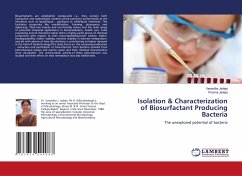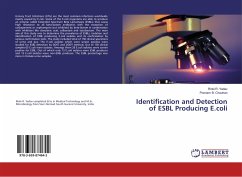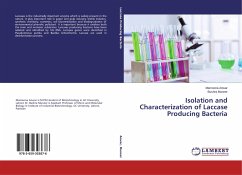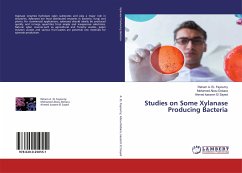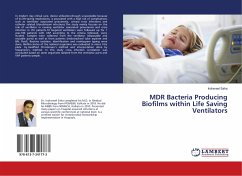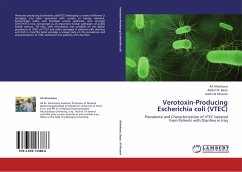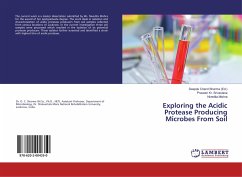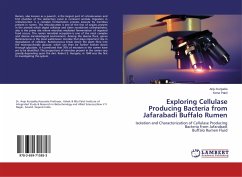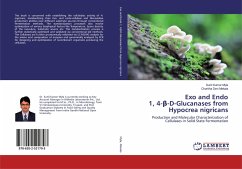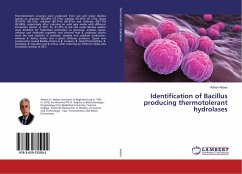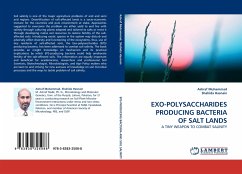
EXO-POLYSACCHARIDES PRODUCING BACTERIA OF SALT LANDS
A TINY WEAPON TO COMBAT SALINITY
Versandkostenfrei!
Versandfertig in 6-10 Tagen
39,99 €
inkl. MwSt.

PAYBACK Punkte
20 °P sammeln!
Soil salinity is one of the major agriculture problems of arid and semi arid regions. Desertification of salt-affected lands is a socio-economic menace for the countries and puts environment at stake. Approaches suggested to overcome the problem are either yield to and live with salinity through culturing plants adapted and tailored to salts or resist it through developing native soil resources to restore fertility of the salt-affected soils. Introducing exotic species in the system may disturb and adversely affect diversity and functioning of the ecosystems, thus, use of tiny residents of sal...
Soil salinity is one of the major agriculture problems of arid and semi arid regions. Desertification of salt-affected lands is a socio-economic menace for the countries and puts environment at stake. Approaches suggested to overcome the problem are either yield to and live with salinity through culturing plants adapted and tailored to salts or resist it through developing native soil resources to restore fertility of the salt-affected soils. Introducing exotic species in the system may disturb and adversely affect diversity and functioning of the ecosystems, thus, use of tiny residents of salt-affected soils, the Exo-polysaccharides (EPS) producing bacteria, has been addressed to combat soil salinity. The book provides an insight knowledge on mechanism and its practical implications by which EPS-producing bacteria could help ameliorate fertility of the salt-affected soils. The information are equally important and beneficial for academicians, researchers and professional Soil Scientists, Biotechnologist, Microbiologists, and Agri Policy makers who are keen to and striving for new avenues of knowledge on soil microbial processes and the ways to tackle problem of soil salinity.



